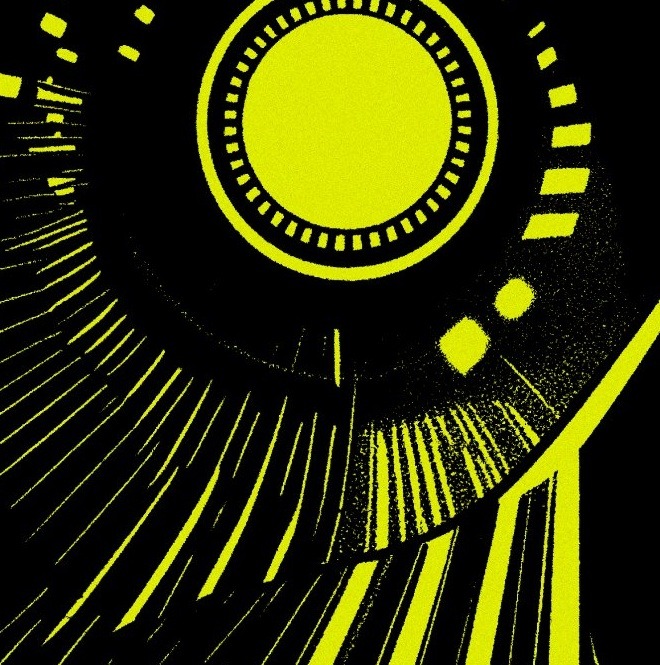Abraxas: The Church Banned All Knowledge of This Powerful Being. Why? The Code Within The Name Of The………..
Etymology
[edit]
Gaius Julius Hyginus (Fab. 183) gives Abrax Aslo Therbeeo as names of horses of the sun mentioned by ‘Homerus‘.[citation needed] The passage is miserably corrupt, but it may not be accidental that the first three syllables make Abraxas.
The proper form of the name is evidently Abrasax, as with the Greek writers, Hippolytus, Epiphanius, Didymus (De Trin. iii. 42), and Theodoret; also Augustine and Praedestinatus; and in nearly all the legends on gems. By a probably euphonic inversion the translator of Irenaeus and the other Latin authors have Abraxas, which is found in the magical papyri, and even, though most sparingly, on engraved stones.
The attempts to discover a derivation for the name, Greek, Hebrew, Coptic, or other, have not been entirely successful:
Egyptian
[edit]
Chuvash linguists, the word was translated as Ouroboros
- Claudius Salmasius (1588–1653) thought it Egyptian, but never gave the proofs which he promised.[citation needed]
- J. J. Bellermann thinks it is a compound of the Egyptian words abrak and sax, meaning “the honorable and hallowed word”, or “the word is adorable”.[8]
- Samuel Sharpe finds in it an Egyptian invocation to the Godhead, meaning “hurt me not”.[9]
Hebrew
[edit]
- Abraham Geiger sees in it a Grecized form of Ha-Brachah, “The Blessing.” Charles William King supports this gloss, citing a similar translation of the word abracadabra as Ha-Brachah-dabarata, “Pronounce the Blessing.”[10]
- J. B. Passerius derives it from abh, “father”, bara, “to create”, and a- negative—”the uncreated Father”.[citation needed]
- Giuseppe Barzilai goes back for explanation to the first verse of the prayer attributed to Nehunya ben HaKanah, the literal rendering of which is “O [God], with thy mighty right hand deliver the unhappy [people]”, forming from the initial and final letters of the words the word Abrakd (pronounced Abrakad), with the meaning “the host of the winged ones”, i.e., angels. While this theory can explain the mystic word Abracadabra, the association of this phrase with Abraxas is uncertain.[citation needed]
Greek
[edit]
- Wendelin discovers a compound of the initial letters, amounting to 365 in numerical value, of four Hebrew and three Greek words, all written with Greek characters: ab, ben, rouach, hakadōs; sōtēria apo xylou (“Father, Son, Spirit, holy; salvation from the cross”).[11]
- According to a note of Isaac de Beausobre’s, Jean Hardouin accepted the first three of these, taking the four others for the initials of the Greek anthrōpoussōzōn hagiōi xylōi, “saving mankind by the holy cross”.[11]
- Isaac de Beausobre derives Abraxas from the Greek habros and saō, “the beautiful, the glorious Savior”.[11]
Perhaps the word may be included among those mysterious expressions discussed by Adolf von Harnack,[12] “which belong to no known speech, and by their singular collocation of vowels and consonants give evidence that they belong to some mystic dialect, or take their origin from some supposed divine inspiration”.









![[ID: RAbmibItfHs] Youtube Automatic](http://memeand.me/wp-content/uploads/2024/11/id-rabmibitfhs-youtube-automatic-100x100.jpg)
